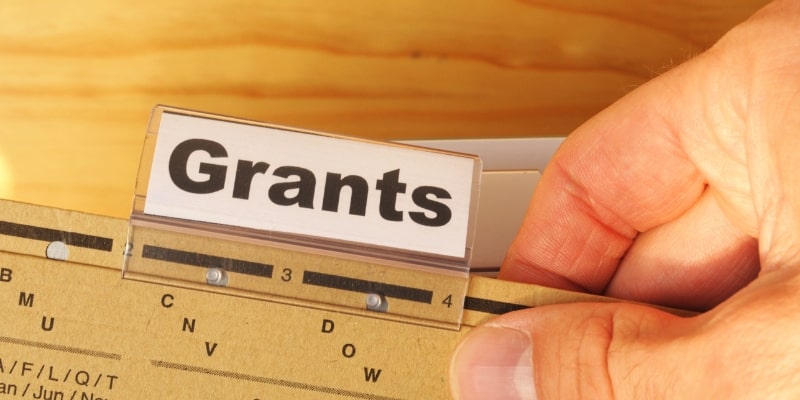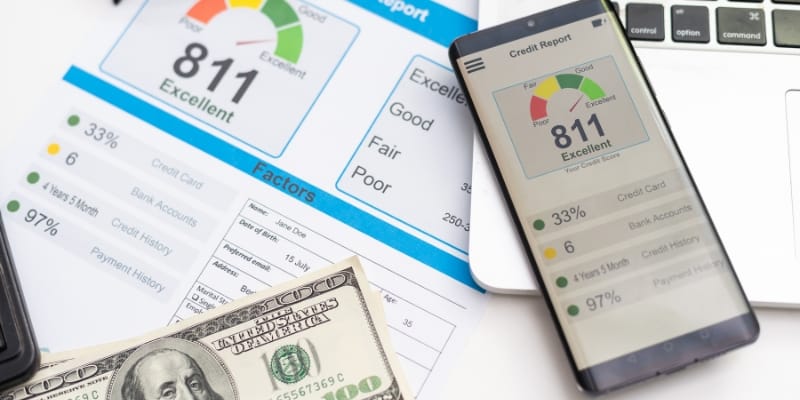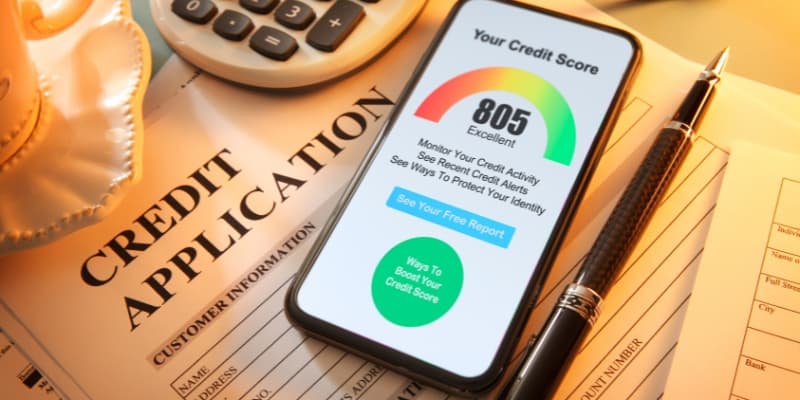Maintaining a healthy credit score in today’s financial landscape is crucial for various aspects of our lives. Whether you’re looking to secure a mortgage, apply for a credit card, or even land a job, your creditworthiness plays a significant role. If your credit report has seen better days, fear not – this comprehensive guide will walk you through the ins and outs of credit repair, offering strategies to help you achieve a financial turnaround.
Understanding Credit Repair:
Credit repair involves identifying and rectifying errors, inaccuracies, or negative entries on your credit report. It’s a proactive approach to improving your creditworthiness and opening doors to better financial opportunities. Here are some effective strategies to kickstart your credit repair journey:
1. Obtain Your Credit Report:
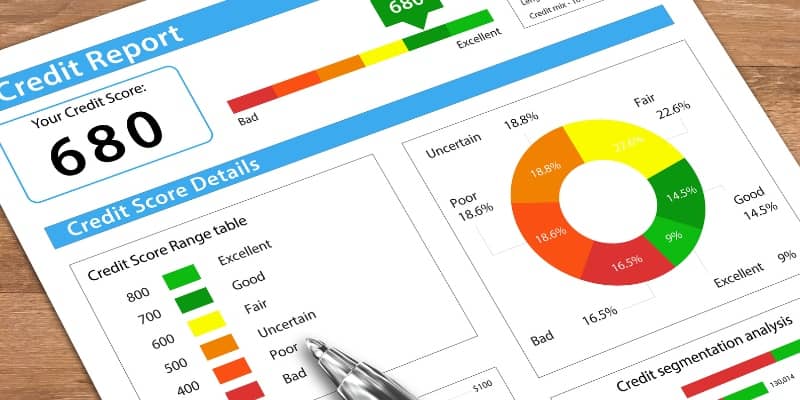
The first step in any credit repair endeavor is to obtain copies of your credit reports from the major credit bureaus – Equifax, Experian, and TransUnion. You are entitled to one free report from each bureau annually, and reviewing these reports is essential to understanding your current financial standing.
2. Scrutinize Your Credit Reports:
Once you have your credit reports, scrutinize them meticulously for any discrepancies. Look for errors in personal information, account details, payment history, and any negative entries such as late payments or collections. Note down any inaccuracies to address in the subsequent steps.
3. Dispute Inaccuracies:
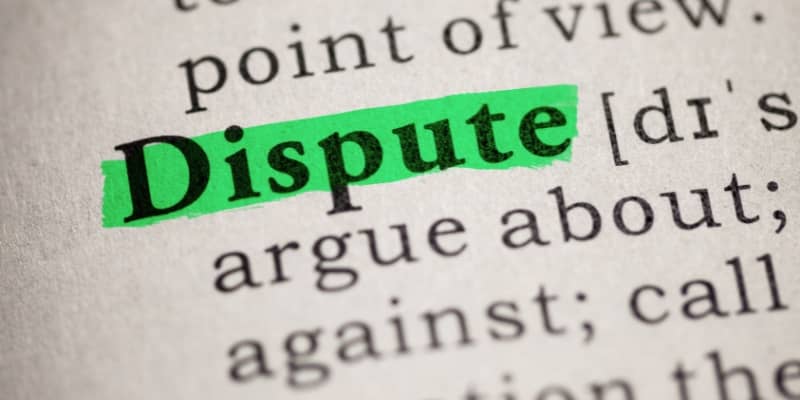
If you spot errors on your credit report, initiate a dispute with the credit bureaus. Draft a detailed letter outlining the inaccuracies and provide supporting documentation. Send the dispute via certified mail to ensure a record of delivery. The credit bureaus are obligated to investigate and respond within 30 days.
4. Address Late Payments:
Late payments can significantly impact your credit score. If you find late payments on your report, contact the respective creditors and request a goodwill adjustment. Explain any circumstances that led to the late payment and ask them to update the credit bureaus with the corrected information.
5. Negotiate Outstanding Debts:

If your credit report reflects accounts in collections or charge-offs, consider negotiating a settlement with the creditors. You can settle the debt for a reduced amount or establish a manageable payment plan. Ensure that the creditor updates your credit report to reflect the resolution.
6. Establish Positive Credit Habits:
Building positive credit habits is crucial for long-term credit repair. Make timely payments on all your existing accounts, and pay more than the minimum amount due. Additionally, consider opening a secured credit card or becoming an authorized user on someone else’s account to establish or rebuild positive credit.
7. Monitor Your Credit Regularly:
After initiating credit repair measures, monitoring your credit regularly is crucial. Keep a close eye on your credit reports to ensure that inaccuracies have been addressed and your credit score is upward. Various online tools and apps can help you track your credit score in real-time.
8. Seek Professional Assistance:

If navigating the intricacies of credit repair seems overwhelming, consider seeking professional assistance from reputable credit repair companies. Our organizations specialize in guiding individuals through the credit repair process, leveraging their expertise to address complex issues and accelerate the improvement of your credit profile.
Conclusion:
Embarking on the credit repair journey requires diligence, patience, and a strategic approach. By obtaining your credit reports, scrutinizing them for inaccuracies, disputing errors, and taking proactive steps to address negative entries, you can set yourself on the path to financial recovery. Establishing positive credit habits and monitoring your credit regularly is essential to a successful credit repair strategy. Remember, credit repair is a gradual process, and with consistent effort, you can achieve a significant turnaround in your creditworthiness, opening doors to better financial opportunities.






